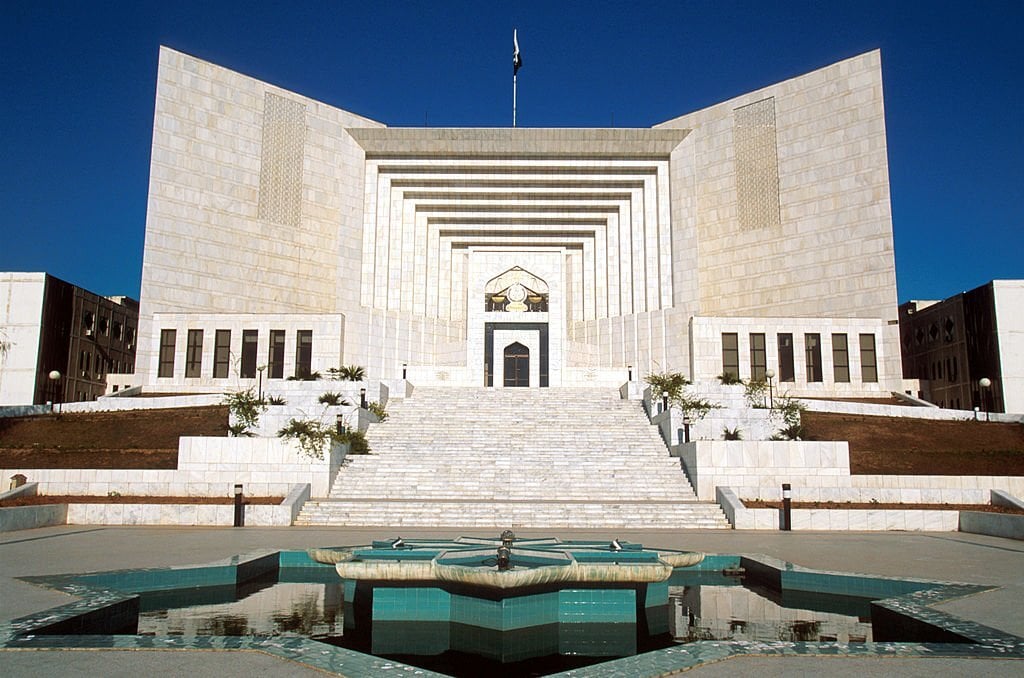Editorial
The Supreme Court has delivered an important judgment reaffirming a fundamental principle of tax law: fiscal statutes are to be read literally, with no room for judicial imagination or hypothetical interpretations. A three-judge bench headed by Chief Justice Yahya Afridi, along with Justice Muhammad Shafi Siddiqui and Justice Miangul Hassan Aurangzeb, ruled that the words of a taxing statute must be applied as written, leaving no space for courts to extend or reduce their meaning.
The judgment, authored by Justice Shafi, emphasized that the legislature’s intent is to be discovered only through the language of the law. When words are unambiguous, the court has no business to raise doubts or introduce contrary meanings. This clarity safeguards not just the taxpayer but also the stability of fiscal administration. By upholding literal interpretation, the Court has reinforced certainty and predictability in a field where ambiguity often leads to exploitation.
Follow Republic Policy on YouTube
The Court also clarified the scope of Section 129(1)(a) of the Income Tax Ordinance, 2001. It ruled that the Commissioner Inland Revenue (Appeals) can confirm, modify, or annul an assessment order, but cannot remand matters to a lower forum. Once a decision is reached, the Commissioner must exercise full powers and conclude the dispute. This prevents unnecessary delays and repetitive litigation, protecting both taxpayers and institutions from administrative overreach.
The case arose from a dispute involving M/s Seven Star Sugar Mills. While the Commissioner (Appeals) had annulled an amended assessment order, he wrongly remanded the case for fresh proceedings. The Appellate Tribunal corrected this, and now the Supreme Court has endorsed that approach, setting a binding precedent for fiscal adjudication.
Follow Republic Policy on Facebook
This decision is a reminder that the rule of law in taxation depends not on judicial creativity but on legislative clarity. In a climate where taxpayers often fear arbitrary interpretations, the Supreme Court’s insistence on certainty marks a step toward fairness and confidence in Pakistan’s fiscal regime.
















